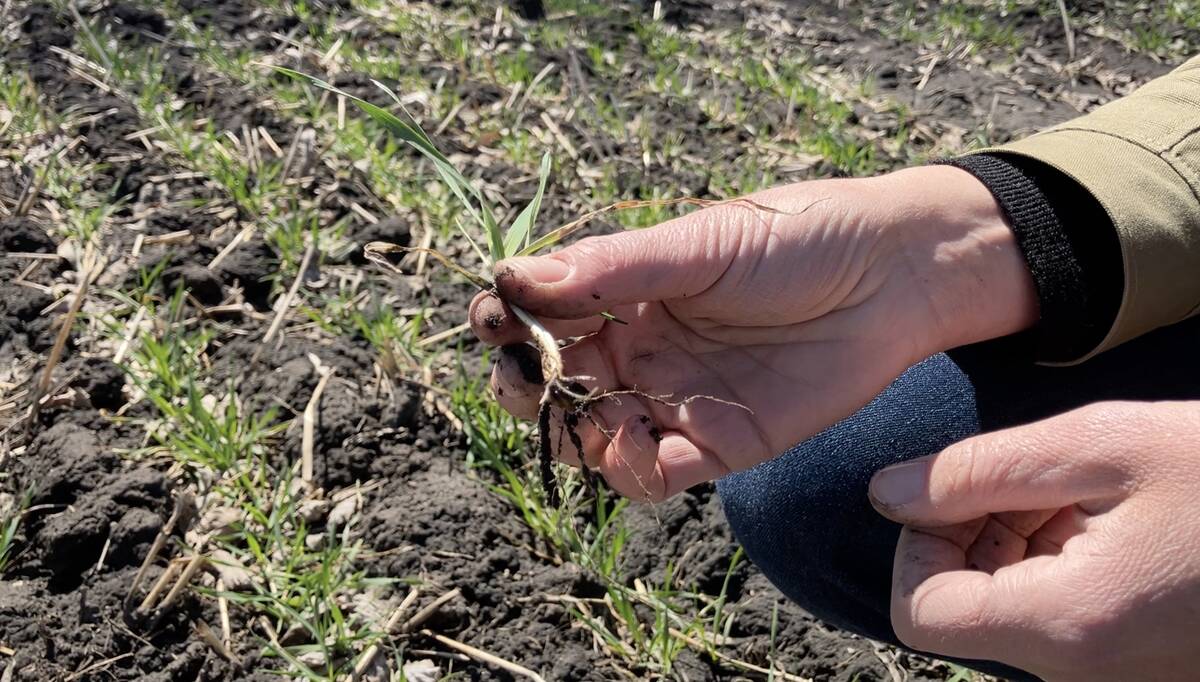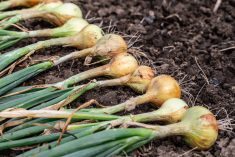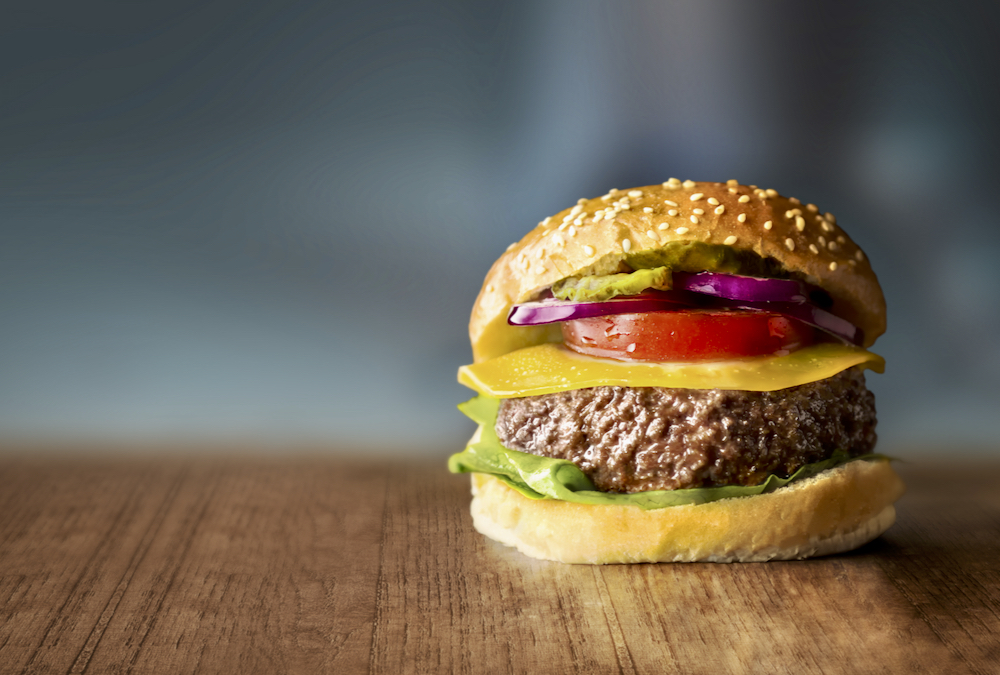I read with dismay the recent article, “Meat and dairy gobble up subsidies worldwide,” in your op-ed section, January 20, 2022.
Mr. Springmann states there that agricultural subsidies prop up a food system that is neither healthy nor sustainable referring specifically to those that go to the meat and dairy production sector.
He advocates shifting subsidies away from meat and dairy to vegetable and fruit production. In theory, a nice thought but from an environmental perspective, bad news. This and other articles aligned with jumping on the “meat = bad for the environment” bandwagon, is an example of the failure of some academics to understand the ecological relationships that exist in the rural environment.
Read Also

Canadian government got it wrong on public plant breeding
Cuts to Agriculture and AgriFood Canada will undermine Canadian agricultural productivity, says National Farmers’ Union member Dean Harder.
They pounce on one area of a very complex system and attempt to provide a simplistic solution ignoring the negative downstream consequences; in this case reduce consumption of meat and dairy and all will be fine.
Advocating a shift to row-crop vegetable production may be good for the health of one species inhabiting this planet (us, assuming we increase our consumption) but not the rest. As we see occurring today in the Prairies, grasslands are being converted to wheat/canola as older graziers retire. Any move to further destabilize the meat and dairy sector would exacerbate this problem, resulting in more pesticide use, more fertilizer use (with the accompanying greenhouse gas emissions from production and field loss), more soil degradation and erosion, loss of soil organic matter and consequently, reduced carbon sequestration, and further loss of biodiversity, all outcomes associated with the current unsustainable farming methods of today’s conventional row-crop farming.
Admittedly, the practice of finishing animals in feedlots is not environmentally sound, because of the additional fossil fuel inputs associated with the feedstock. Consuming grass-finished beef would help to mitigate these problems because managed grasslands require fewer fossil fuel or chemical inputs, enhance soil health and biodiversity and grazing animals simply recycle the carbon already in the carbon cycle… they do not introduce additional carbon into our atmosphere.
I am not advocating an end to row-crop farming. We need that food as we all need to eat but more sustainable methods are available (e.g. cover and polycropping). But there should be a balance of grassland and row crop on the landscape. Failure to support this balance and understand the complex ecological relationships that exist on our landscape will result in further degradation of our environment with the loss of those multiple ecological goods and services provided by grasslands.
Mr. Springmann and others have failed to examine and address this ecological complexity by concentrating on one aspect and attempting to provide a simplistic solution. Of course, targeting grazing animals provides a convenient scapegoat to concentrate our attention away from the real and obvious reason for climate change… our species’ burning of stored fossil carbon (coal, oil, gas).
Gord Hammell
Erickson














